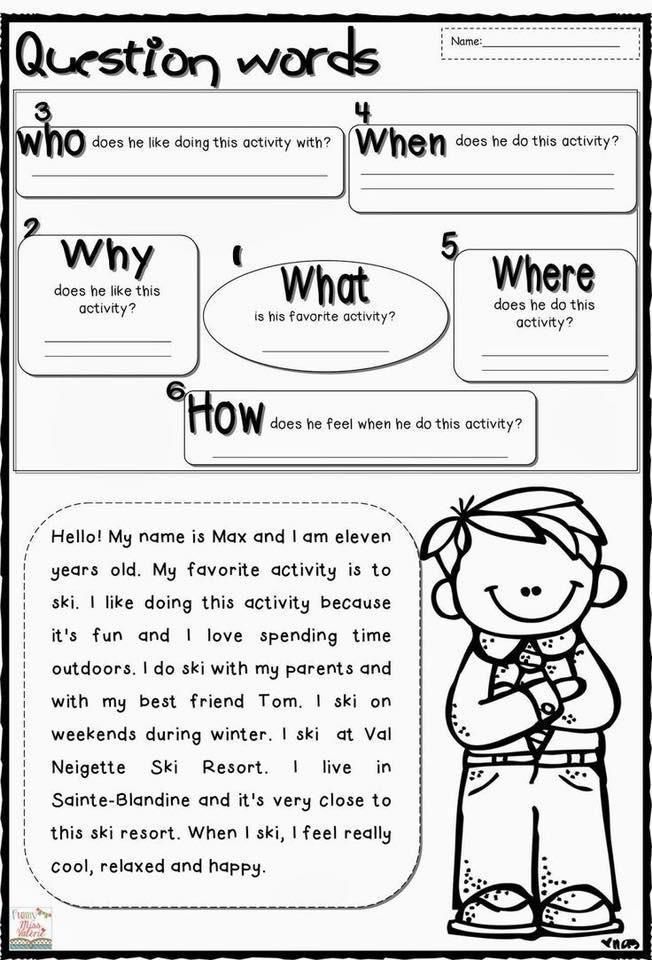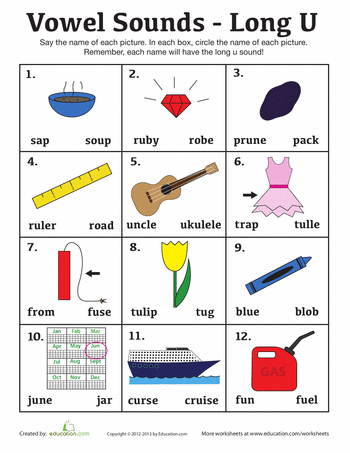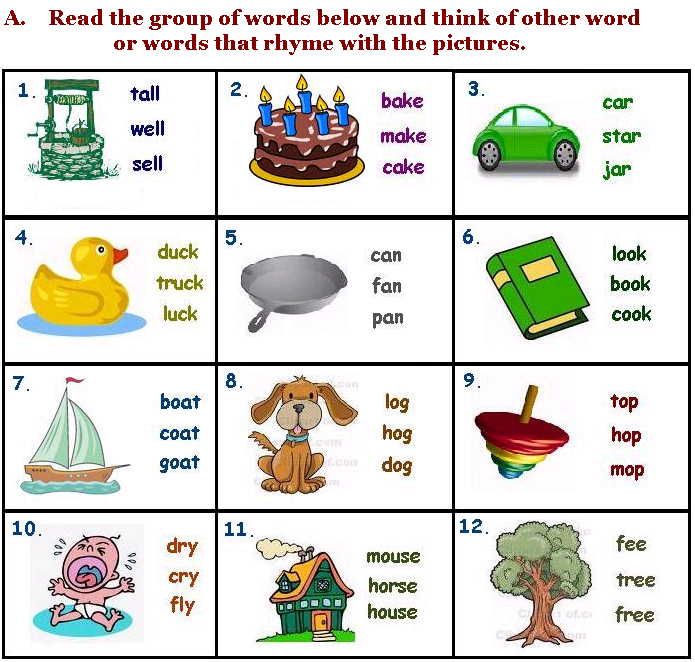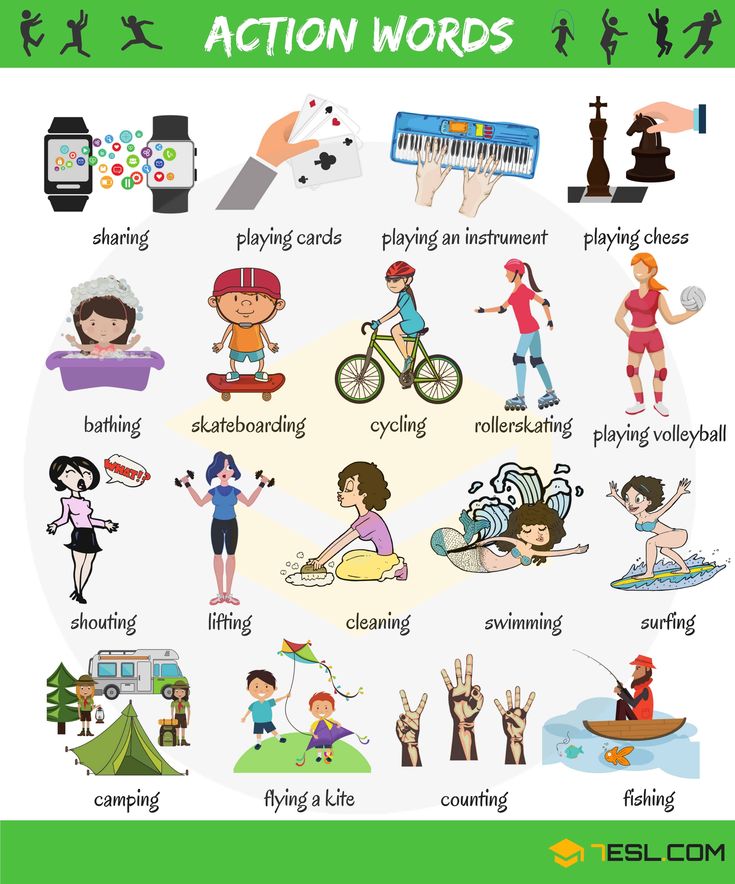Homer kids learn
The Essential Early Learning Program and App for Kids 2-8
Learn & Grow App
Personalized to Age and Level
Increases Early Reading Scores by 74%
1,000+ Activities Across Subjects
Start Your Trial
Playful Learning They’ll Love
Our program delivers playful learning across subjects, building the skills kids need through lessons and activities they love.
Reading
A step-by-step pathway that leads to literacy
Math
Building blocks for math confidence
Social & Emotional Learning
Tools for navigating social skills, empathy, and confidence
Thinking Skills
Brain games for big thinking
Creativity
A space for imaginations to run wild
Explore our subjects
Ready to Sign Up?
Annual
$119.88
$59.99/yr.
($4.99/mo.)
Billed yearly at $59.99
Start Free Trial
SAVE 50%
Monthly
$9. 99/mo.
Billed monthly at $9.99
Start Free Trial
Included in your trial
Unlimited access to the Learn & Grow App
Up to 4 child profiles
Offline activities and printables
Resources and tips from learning experts
LIMITED TIME BONUS OFFER
Learn with
Sesame Street FREE with HOMER Learn & Grow SubscriptionHOMER's four-step learning framework meets Sesame Workshop's tried and true approach: teaching kids to be confident, curious, and kind.
Learn more
The Learning Journey That Grows with Your Child
Tap below to explore what they'll learn at each stage.
Toddler
Preschool
Pre-K
Early Learner
Growing Learner
Explore Ages
Personalized to Their Interests Across Subjects
Sports
Vehicles
Princesses
Dinosaurs
Animals
Kid Powered Learning
Personalized
Lessons, and activities personalized to age, interests, and skill level.
Proven
Research-backed, kid-tested, parent-approved.
“I Did It” Moments
Builds skills kids (and parents) are proud of.
Joyful
Fueled by activities kids actually want to play.
Safe & Easy
Ad-free, safe, and easy for kids to use.
The Buzz On HOMER
“HOMER is a parent’s dream! Kids are having fun, so they don’t know it’s learning. They ask to do more!”
Deb S.
“Both of my kids use HOMER’s learning program and have excelled! We’ve tried literally 20+ apps and websites, and NONE hold a candle to HOMER.”
Brittany
“My four-year-old daughter has sensory processing disorder; getting her to focus on learning can be a bit of a nightmare, but HOMER has her FULL attention.”
Katie M.
Personalization Made Easy
You tell us a little about your child, and we’ll come up with a learning journey made just for them!
We combine your child’s unique interests
with their age and current learning level
to create a personalized learning journey they love
that builds essential skills for school and life!
Get Started
The Most Effective Way for Your Child to Learn
Developed by experts, our research-based, four-step approach goes beyond rote memorization to build confidence, promote problem-solving, and foster a lifelong love of learning.

learn more
AS SEEN IN
The Essential Early Learning App For Ages 2 - 8
HOMER grows with your child on every step of their learning journey with a program personalized to their age, interests, and skill level.
Discover HOMER at Every Age
We recognize each child’s learning journey is different. Here’s an example of what your child might explore at each age!
Ages
Toddler
Preschool
Pre-K
Early Learner
Growing Learner
Reading
(FOR 2)
Personalized pathway that builds essential skills on one another—from letters and sounds to sight words, to eventually reading and spelling
Exploring Letters
Recognizing letters as special symbols
Exposure to the alphabet
Identifying uppercase letters
Listening Skills
Hearing if words are the same or different
Introduction to rhymes
Exposure to the first sounds in words
Developing Language
Practicing new and familiar vocabulary
Stringing words together
Exposure to connecting spoken and written words
Engaging with Books
Early concepts of print
Introduction to different genres
Love of reading
Math
(FOR 2)
Building blocks for math confidence: number recognition, counting, shapes, number operations and more
Developing Number Sense
Developing early number sense
Introduction to numerals
Discovering Shapes
Learning simple shape names
Identifying simple shapes
Creating with shapes
Thinking Mathematically
Practicing Counting
Verbal counting up to 10
Object counting up to 5
Exploring Spatial Concepts
Understanding spatial language (e.
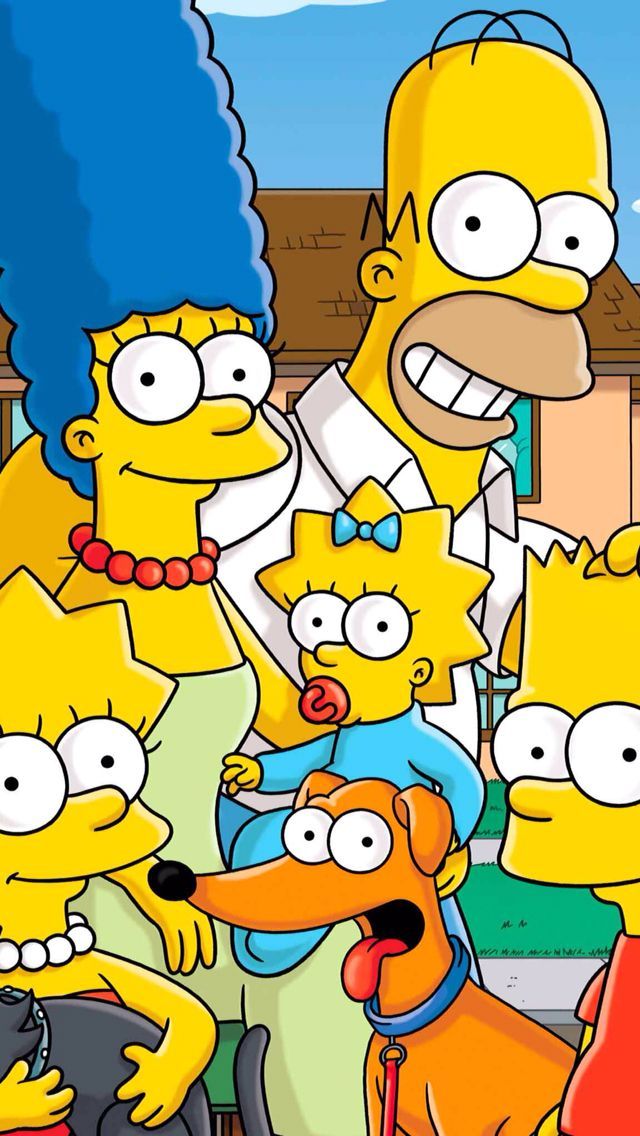 g., over, above, next to)
g., over, above, next to)Understanding ordinal numbers (e.g., first, second, third)
Social & Emotional Learning
(FOR 2)
Identifying and reacting to emotions in themselves and others
Identifying Feelings
Naming common emotions: happy, sad, mad
Learning About Themselves
Recognizing themselves as a person with unique traits
Identifying likes, dislikes, and interests
Observing Social Skills
Exploring Self-Expression
Expressing emotions through face, body, and voice
Open-ended and creative play
Exploring visual expression through art
Thinking Skills
(FOR 2)
Critical thinking, problem solving, and information processing to form new ideas
Building Memory
Matching up to four hidden items of simple images (e.
 g., four animal cards)
g., four animal cards)
Focusing on Focus
Relating Learning to Life
Making connections between images and words
Making connections between objects and sounds
Creativity
(FOR 2)
An open space for imagination and expression
Fostering Imagination
Pretend play
Imitating routines
Make-believe play
Dress-up
Introducing Storytelling
Story creation
Exploring Art
Why ParentsHOMER
“Your child can use it totally on their own. The girls have absolutely loved it!”
Allie Richmond
“I wanted to find an app that had everything so I didn’t have to get multiple subscriptions: HOMER’s my favorite.”
Kristina Chaka
“Whenever I need to get things done, they stay occupied having fun while learning lessons with HOMER.”
Annie Mescall
HOMER LEARN & GROW
The Essential Early Learning Program
HOMER Learn & Grow builds skills for school and life—taking kids on a personalized learning journey that boosts their confidence and grows with them.
Explore Our App
HOMER Blog
Take the Learning Journey Offline
Find activities for your child to jump into independently or play together as a family with the HOMER Blog. Our thoughtfully curated library of activities builds on the skills your child is developing with Learn & Grow.
Explore Activities
Learn & Play by Fisher-Price
Learn & Play by Fisher-Price, powered by HOMER, is a safe, play-based app designed to delight and entertain your little learner. Each ad-free game and activity is designed by academics and researchers, fun-tested by kids, and created to help your child explore, play, and learn!
Get the App
Ready to Sign Up?
Get 30 Days Free5 important parenting lessons from the imperfect Simpson family
On December 17, 1989, Fox aired the first episode of the longest-running animated series, The Simpsons.![]() The series continues to be released to this day; in 2020, the 32nd season was released.
The series continues to be released to this day; in 2020, the 32nd season was released.
The animated series tells about the everyday life and incredible adventures of an ordinary American Simpson family: the fat, lazy and irresponsible father Homer, the patient housewife Marge, the outrageous bully Bart, the clever and excellent student Lisa and little Maggie, who, although endowed with character, is more often used in as an accessory.
At one time, The Simpsons became a real sensation and, despite the fact that now fans are not enthusiastic about the last ten seasons, it continues to come out and cover a variety of problems - from psychological to general social. Over the years, the series has undergone many changes (for example, the creators decided to get rid of one of the secondary characters - the owner of the Hindu store Apu, considering his image too caricature), but the images of key characters retain their authenticity even in 2020.
Homer does not work well, drinks, chokes his son as punishment, behaves irresponsibly and inattentively, but at the same time his wife (and viewers) forgive him everything because deep down he is a good guy who loves his family, but it just doesn't always work out.
Marge, who sacrificed her career for the sake of her family, is clearly smarter and more empathic than Homer, but more often than not, she simply has to deal with the consequences of the impulsive actions of her husband and children.
In rare episodes, Marge rebels, even throws Homer out of the house several times or runs away herself, but in the end she forgives and returns anyway.
The Simpsons children also turned out to be quite bright characters: Bart is outrageous, gets into trouble, mischief and teases his father, although in reality he is an ordinary little boy who just wants love and care. Liza is an excellent student, knows a lot, and her intellectual level is much higher than the level of all her household members. However, at the same time, she suffers from self-doubt, anxiety, and experiences difficulties with self-determination outside of her academic success.
In the modern world, this image of a family looks outdated and a little artificial, although in fact it is much closer to reality (at least our reality) than, say, the prosperous Dunphy family from Modern Family.
One can talk endlessly about what a dysfunctional, but at the same time, indicative image of the family was created by the authors of the animated series, but this material is still dedicated to the birthday of the series. Therefore, let's better talk about the positive lessons that the Simpsons teach parents. And although Homer and Marge cannot be considered role models, there have been many moments in their more than thirty years of living together that you want to remember.
Be yourself
This seems to be Homer Simpson's motto - he is either too stupid to delve into social restrictions, or simply prefers not to stress about it. Unlike Marge, who from time to time worries about "what others will think", Homer is rarely shy about something and is not afraid to show himself in a variety of situations and from a variety of sides. And although this makes others roll their eyes or experience acute bouts of Spanish shame, with his inner freedom, Homer often inspires others to sincerity and courageous deeds, and - importantly - sets an excellent example of originality and audacity to his own children.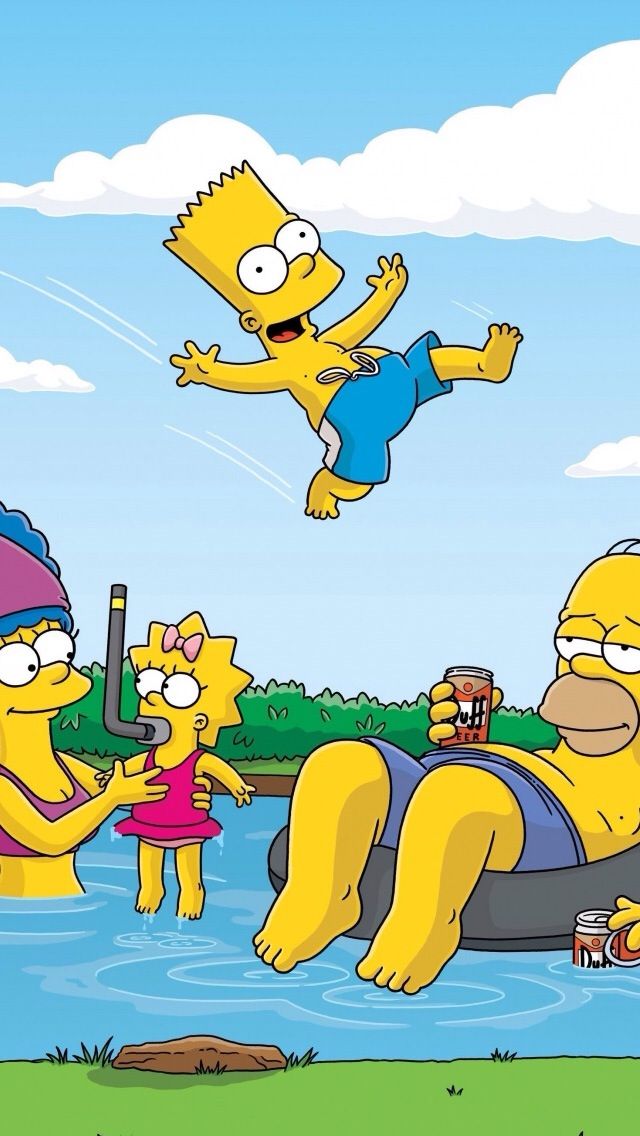
Staying as a couple
Homer's relationship with his wife is perhaps one of the undoubtedly positive aspects of the series. Even with three children, Homer and Marge manage to maintain tenderness and passion in their relationship. Homer is almost religiously faithful to his wife - in one of the early episodes, when he finds himself on a business trip with a woman in love with him, he does not even read her unambiguous hints, and when she tries to kiss him, he screams and runs away in horror. Yes, there are a million problems in Homer and Marge's marriage that practically make it dysfunctional, but one thing is for sure - they manage to remain a couple in love, even when they are surrounded by children, pets, debts and everyday life.
Respect the interests of children
Although Homer often behaves insensitively and inattentively towards children, about the same number of times he shows respect for their interests and dreams. He is ready to take Lisa to rehearsals and trainings, wake up at a terrible hour to take the children to the water park, once he even gets a second job to let Lisa keep ponies at home.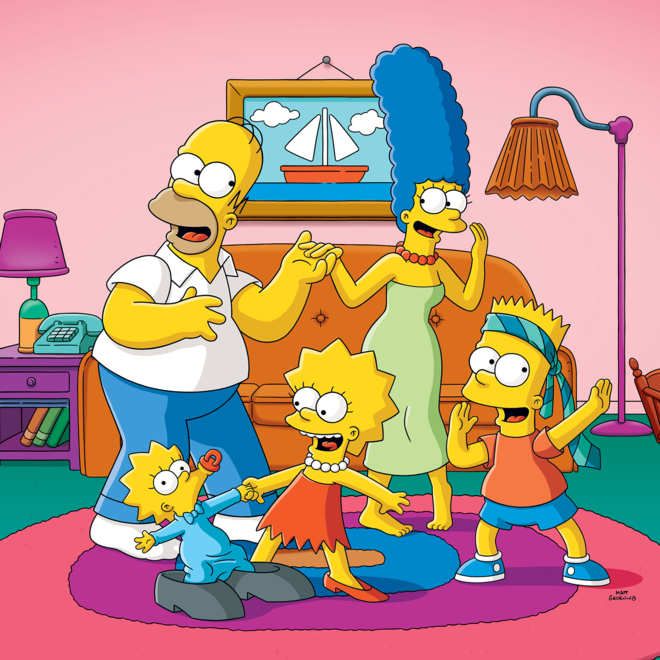
When Bart gets into a multiplayer video game, Marge supports him by creating her own character and, in another episode, starts a sweet tradition of riding a tandem bike with him and drinking tea and cake. One day, Homer and Marge even move to another area of the city so that Lisa can go to a more prestigious school. All these many attempts to support their children, imbue them with their hobbies and make their dreams come true, certainly make the Simpsons good parents.
Striking a Balance in Parenthood
It may not seem obvious at first glance, but the Simpsons, with their rather hectic lifestyle and endless routine, manage to maintain an almost perfect balance in their parenthood. They do not follow every step of their children - both Bart and Lisa have their own personal lives, the opportunity to make mistakes, make friends and gain experience - however, they are always ready to get involved in the life of their children when they need help and participation ( and children know that they can always turn to their parents with their problems).
It is clear that the dramaturgy of the series requires this - each character gets his own storyline, but in the end it turns out to be very revealing. The Simpsons can be a great example of when you need to let go of your children a little, and when you need to step in and figure out what's wrong, discuss, speak out, support, or even take full responsibility for solving the problem.
Don't be afraid of change
Although the Simpsons have three children, it's hard to call them parents who know exactly what they're doing. And in this regard, Marge and Homer are the same as us - they get upset when something goes wrong, worry when they realize that they did not know something about their children (once Homer even hired a private detective to follow Lisa and collected information about her - is it worth saying that Lisa was not enthusiastic about such a reception?), looking for new solutions to problems and trying to diversify their views for the sake of children. They repeatedly resorted to the help of psychologists and psychotherapists, and also turned to a variety of people for advice on parenthood.
They repeatedly resorted to the help of psychologists and psychotherapists, and also turned to a variety of people for advice on parenthood.
The Simpsons can hardly be considered an example of exemplary parenting - rather the opposite - however, it would be wrong to say that everything is bad with them. It seems that this is precisely the deafening long-term success of the series - it speaks to the audience in their language, shows a few grotesque, but quite recognizable characters with their shortcomings, mistakes, mistakes and attempts to become better and happier - and he does it very well.
The creators of the animated series told why the characters do not change
One of the main secrets of the animated series The Simpsons is revealed - the authors of the most famous American cartoon answered the question why their characters do not grow up and age.
One of the questions that has plagued fans of the cult American animated series The Simpsons for years has finally been answered. Fans were worried about the fate of the main characters of the Simpsons family - Homer, Margery, Bartholomew, Lisa and Maggie. In particular, they were very interested in why Maggie did not grow and remained in infancy.
Fans were worried about the fate of the main characters of the Simpsons family - Homer, Margery, Bartholomew, Lisa and Maggie. In particular, they were very interested in why Maggie did not grow and remained in infancy.
Radio presenter Brian Fink became seriously interested in the topic, who asked the authors of the cartoon on Twitter: “I'm confused. Watching The Simpsons for the first time in a long time... How come Maggie is still a baby with a pacifier? Shouldn't she go to college?"
"This is the magic of The Simpsons," the creators of the series revealed their cards.
In response, the host was indignant and said that all the magic, in his opinion, is in the laziness and indifference of the scriptwriters.
That's the magic of #TheSimpsons.
— The Simpsons (@TheSimpsons) December 11, 2017
Social media users took a look at the situation and reminded Fink that in "The Other Side of Laughter," Lisa Simpson said she had to take anti-aging pills.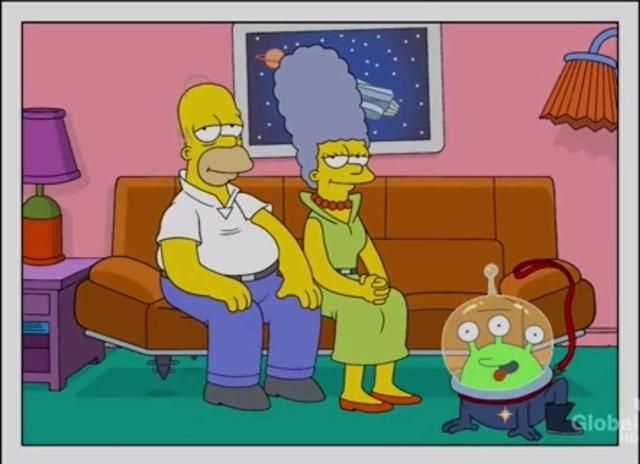
Meanwhile, obvious scenario inconsistencies add to the acuteness of the discussion. So, the son of Sideshow Bob can walk, talk and looks older than Maggie despite the fact that he was born later. Bart and Lisa have gone on summer break more than once, but are still in fourth and second grade. Adults don't age either.
Homer says in episode 7 of season 20 that he is 38 years old, and in episode 21 of season 21 he says that he is 39.
Simpsons fans are guessing and putting forward their theories. So, according to one version of the fans, after the series “Well, it’s come: the clip show of the Simpsons” (episode 18 of the fourth season), in which Homer goes to the hospital after the explosion of a can of beer, he never comes out of a coma, and the events all subsequent episodes are just a figment of his imagination: both ageless characters, and the appearance of celebrities in Springfield, and completely fantastic events like Homer's flight into space.
The producers of the animated series, however, refuted this theory, stating that "if the theory is true, it turns out that they initially counted on the longevity of the series. "
"
The longest-running American TV series, created by cartoonist Matt Groening, has been on screen for over 30 years.
For the first time, US viewers saw the yellow-skinned and big-eyed Simpsons on April 19, 1987 in a two-minute video on The Tracey Ullman Show. In 1998, Time magazine named The Simpsons the best television series of the 20th century. At the moment, the cartoon, which has become a symbol of America like the Statue of Liberty, is broadcast in more than a hundred countries around the world.
The Simpsons featured on the covers of Rolling Stone and Playboy magazines, featured on T-shirts and posters, and received their own star on the Hollywood Walk of Fame. The creators of the popular cartoon saga have received many awards, including 21 Emmy Awards.
Social satire and a blunt style of humor have become the hallmarks of the series, which distinguish it from many others.
The authors work on the agenda and are not afraid to discuss even the most pressing topics and problems - from politics and religion to wars and same-sex marriages.
The Simpsons recently parodied The Big Bang Theory.
In addition, the show makes fun of celebrities, including many show business stars and politicians, and also ironically over human stereotypes and weaknesses. The series has found itself at the center of scandals many times - residents of different countries, including the United States, representatives of the church and state institutions were offended by the authors.
Among the countries that have appeared on The Simpsons are China, England, France, Indonesia, Italy, Australia, Brazil and, of course, Russia.
So, in the 600th episode of the animated series, Vladimir Putin was shown with a naked torso, whom the head of the family, Homer, met near the polling station where he came to vote in the US presidential elections. The Russian leader cast his vote for Donald Trump and rode out of the voting booth announcing that the billionaire would win with a score of 102%. The episode aired a month before the US election results were announced.
The episode "Two Bad Neighbors" featured Mikhail Gorbachev, who witnesses a fight between George W. Bush and the head of the Homer family, who lives next door.
“What, you brought a commie to help you in a dirty war, huh?!” shouts Homer in the heat.
Bush has to apologize to the elder Simpson and Bart in front of Gorbachev.
The writers of the series have not forgotten the first president of Russia either. In one of the episodes, the bartender does not allow Homer to drive drunk and offers to check the level of alcohol in the blood on a special device. After Homer blows into the tube, the apparatus shows the highest level of intoxication, which is called "Boris Yeltsin".
Americans make fun of Russians in the first episode of the ninth season, New York vs. Simpson. After one of the parties, Homer receives a letter informing him that his car, illegally parked in New York near the World Trade Center building, will be drowned in three days if Simpson does not pick it up.



